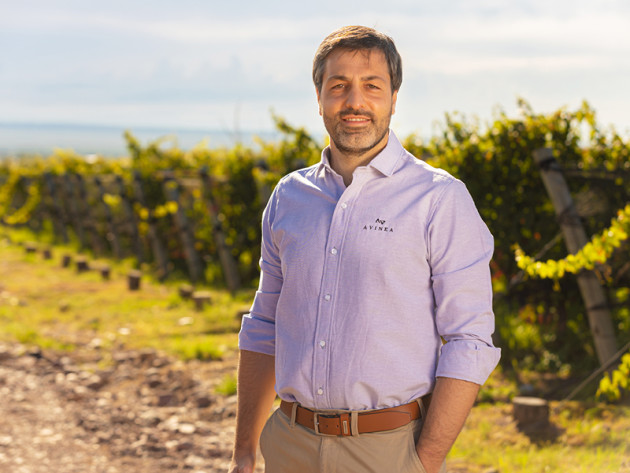
Headline Hero: Santiago Ribisich, Grupo Avinea
The director general of Grupo Avinea, owner of Bodegas Argento, reveals what ethical winemaking means to him and the part it plays in the group’s long-term plans
The term “ethical winemaking” is increasingly discussed and yet very loosely defined. What does it mean to you?
For us, ethical winemaking is about caring for every stakeholder: from the local community to the environment and our customers. When we embarked on a new viticultural programme at Bodega Argento in 2010, we set out to plant new vineyards and manage all of our estates in the most natural way possible. We wanted to go back to the way our elders understood their natural environment, in order to grow outstanding and healthy grapes without having to resort to quick-fix chemical solutions. This journey resulted in organic certification for all of our vineyards.
How does this fit into your long-term strategic vision?
In the longer term, ethical winemaking is also about developing and implementing sustainable practices that will reduce our impact on the planet. At Bodega Argento, a series of sustainable initiatives have been put in place and we are committed to continuing to find new ways of reducing our carbon footprint.
Do you feel the Argentinian industry is doing enough to reduce the environmental impact of winegrowing?
South American wineries are increasingly doing more to reduce their impact on the environment and find new ways of tackling the key issues, which are starting to impact their production, such as climate change or water scarcity. Water is a scarce resource in Mendoza and at Bodega Argento we are doing all that we can to conserve it. We have installed
drip-irrigation systems in our vineyards to reduce the volume of water required to irrigate our vines. We have also built a sewage-treatment plant to treat and reuse water for irrigation. We received full sustainability certification for our winery at the end of 2019.
Keywords:
- director
- owner
- general
- argento
- bodegas
- hero
- grupo
- avinea
- ribisich
- of
- grupo avinea
- avinea owner
- bodegas argento
- of bodegas
- owner of
- ribisich grupo avinea
- grupo avinea owner
- of bodegas argento
- owner of bodegas
- avinea owner of




